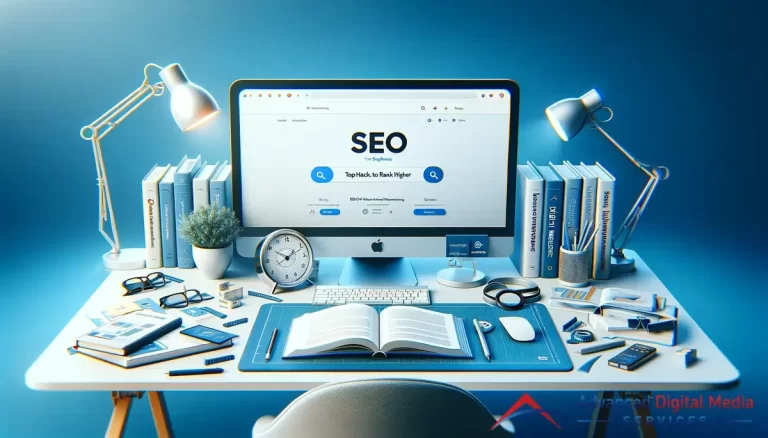Many of you have probably had the thought that succeeding in organic search today means focusing on off-page SEO (search engine optimization) techniques.
You’re only half right.
Other than the technical aspect, it would be best if you also considered the on-page portion. You see, being well-versed with only the technical components and link building wouldn’t propel your SEO-injected content to the highest ranks of a search engine results page. It’s vital to supplement this effort with the fundamentals.
Determining what is the most important on-page SEO factor for your business can lead you toward effective optimization. Try to teach yourself what on-page is and find ways to integrate on-page SEO factors in your business.
What Is On-Page SEO?
Also known as on-site SEO, on-page SEO pertains to optimizing web pages to develop a business’ digital site’s search engine rankings.
On-site optimization should include the enhancement of content, HTML tags, images, and headlines. These all need to be up to date and of the highest quality possible.
Paying more attention to on-page SEO is often fairly easy because the components comprising this portion are within your control, as opposed to off-page. The results will only be manifested through the SEO practitioner’s understanding of the on-page SEO factors.
Knowing what the most important on-page SEO factor is, is crucial to boosting your presence on the web.
Here are some of the top on-page SEO factors that are proven to be essential components of optimization practice.
1. Title Tag
Title Tags are clickable tags that you see in the headline sections of the SERPs. These are often neglected because they aren’t that visible. This HTML tag supplies your potential audience with a chance to identify what the article is all about.
While it may be true that it has little impact on SERPs, the title page still has a part to play in boosting the website’s traffic as a response to the search query. So, the next time you write one, put more effort into it than you usually do.
2. Meta Description
Every SEO practitioner knows what a meta-description is and how it works.
Meta descriptions show a short description of the page’s content. It’s an excellent tool for optimization, especially if you’re well versed in short sentences that can hook and captivate your readers. As the front face of the page, this SEO factor can significantly increase the click-through rate or CTR of the site when you use it correctly.
3. E-A-T
E-A-T is an abbreviation for Expertise, Authority, and Trust. These are the three factors that Google uses to assess the performance of websites, webpages, and content creators.
It’s the same framework that lets the giant search-engine company determine the level of trust it should place in a website or brand.
Google wants the best for its customers, and by best, we mean providing search engine users with quality content and relevant information. If a website satisfies these needs, there’s a high chance Google will place it at the top of search engine results pages (SERPs).
This is one of the top on-page SEO factors. SEO strategies that are built following these principles have the most reasonable chance of raising their site’s presence on the search’s results page.
4. SEO Writing
Throwing together an SEO article out of the need to produce content won’t do the trick. SEO writing involves the pairing of high-quality copy and targeted search terms.
Aside from merely having keyword-rich phrases, outputs in this write-up section are usually centered on customer interest.
5. User Engagement
In keeping your business’ traffic afloat, a one-time hunch won’t do.
On-site optimization should include keeping the site users engaged. How? You might want to focus on enhancing your content, the experience you provide, and the site speed. All of these factors keep their interest.
6. Keyword Cannibalization
Having various site posts using the same keyword causes keyword cannibalization. Basically, you’re competing with yourself when you use the same set of keyword phrases in every single page.
It’d be great to consolidate your website’s content and check to see if you’re committing mistakes before you inadvertently put your business at risk. If you need professional help, Advanced Digital Media Services offers the best on-page SEO services.





